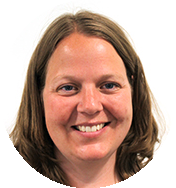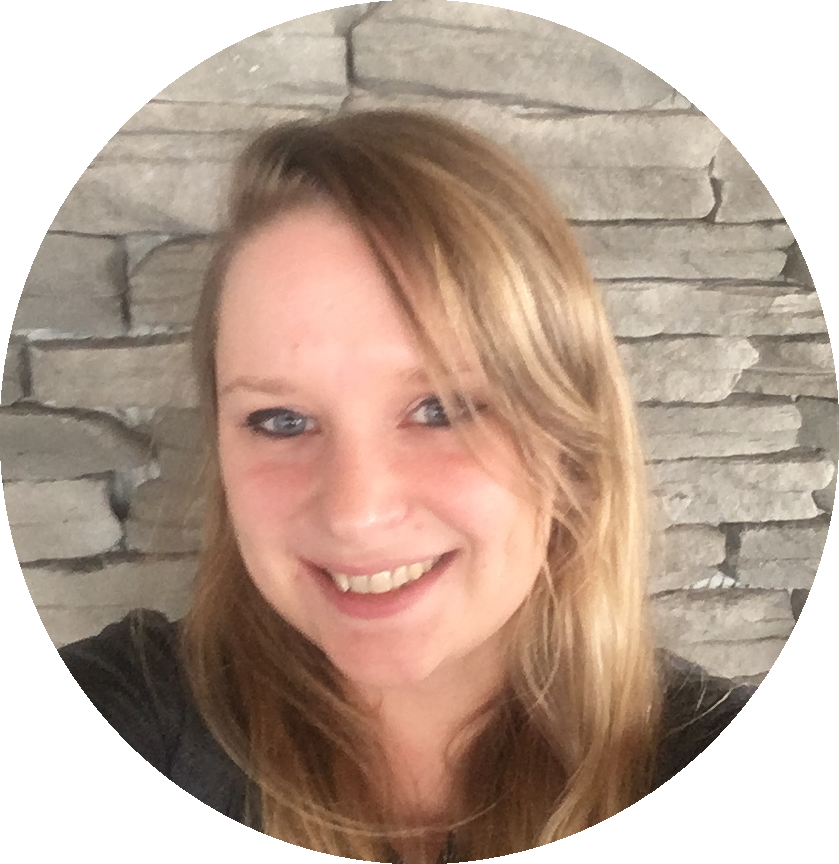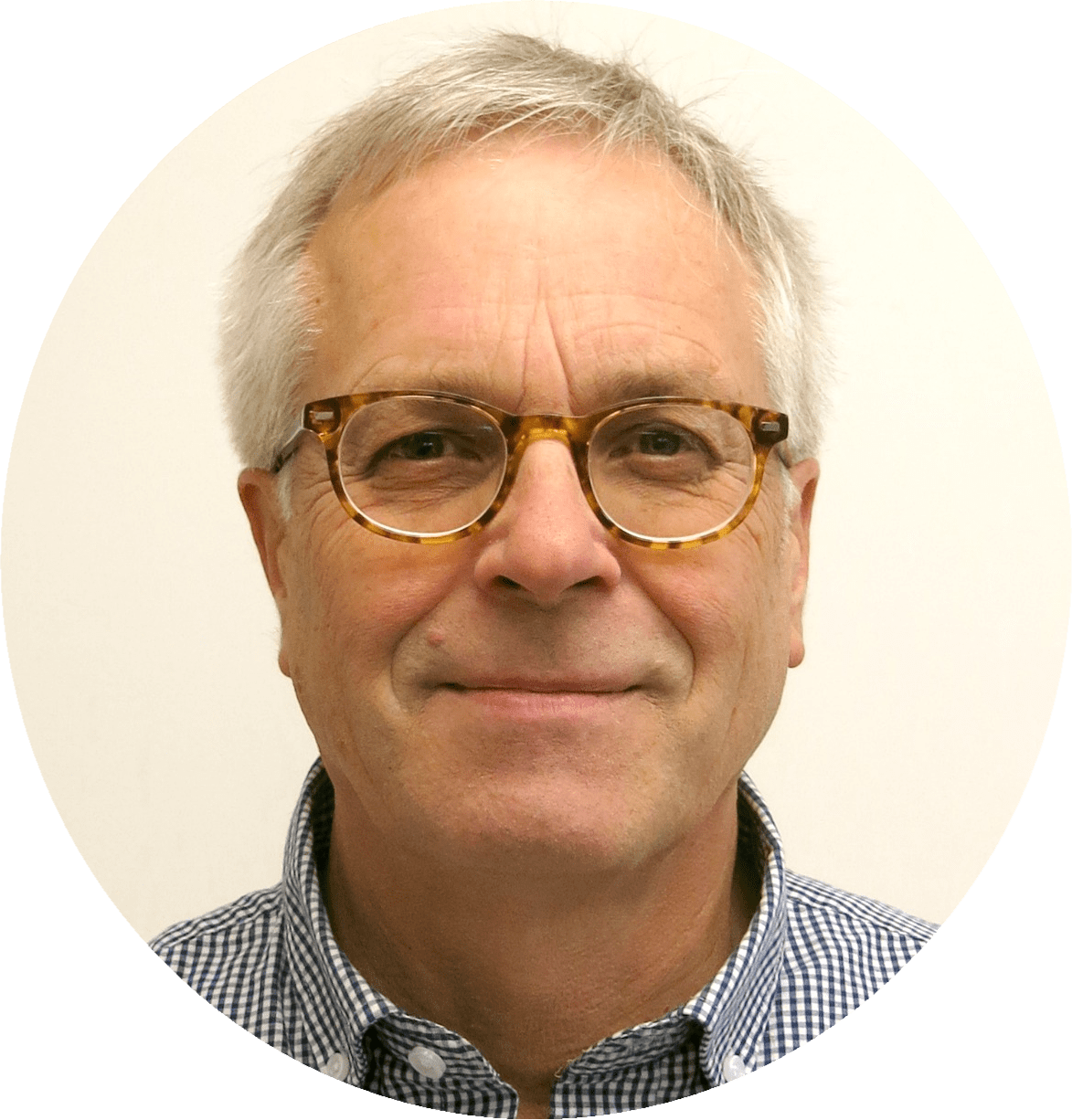University College Dublin, Ireland
Main task:
Pathway analysis, statistical modelling, molecular simulation of NM, corona and membranes.

Professor Vladimir Lobaskin
Dr Vladimir Lobaskin is Head of the SmartNanoTox team and is an Associate Professor in the School of Physics at the University College Dublin, Ireland. Throughout his academic research career, Dr Lobaskin has made significant contributions to the field of theory and modelling of nanostructured biosystems, including the development of computational approaches and software (MOLSIM and ESPResSo) for modelling soft-matter systems.
E: vladimir.lobaskin@ucd.ie
T: (+353) 1716 2432

Professor Boris Kholodenko
Professor Boris Kholodenko is a Science Foundation Ireland Stokes Professor of Systems Biology and the Deputy Director of Systems Biology Ireland at the University College Dublin, Ireland. His studies are aimed to understand how biological networks compute and control cell-fate decisions.
E: boris.kholodenko@ucd.ie
T: (+353) 1716 6331

Dr David Gomez-Matallanas
Dr David Gomez-Matallanas is a Research Fellow and Principal Investigator of Systems Biology Ireland in Dublin, Ireland. Dr Gomez-Matallanas has been actively involved in the study of signal pathways involved in cancer development, and developing models to suppress, regulate and resolve the molecular mechanisms underlying the development of such pathways.
E: david.gomez@ucd.ie
T: (+353) 1716 6973
Stockholm University, Sweden
Main task:
Molecular simulation of NM, DNA, lipids, sugars and proteins

Professor Alexander Lyubartsev
Professor Alexander Lyubartsev is a Professor of Physical Chemistry in the Department of Materials and Environmental Chemistry at Stockholm University, Sweden. Throughout his substantial research career, professor Lyubartsev has developed methodology to allow the simulation of biological systems, and the mechanistic exploration of nanoparticle toxicity.
E: alexander.lyubartsev@mmk.su.se
T: (+46) 8 161193
Helmholtz Zentrum München, Germany
Main task:
In vivo (inhalation) and in vitro toxicology experiments (mice), NM aerosolization.

Dr Tobias Stöeger
Dr Tobias Stöeger is a Scientific Researcher and Group Leader at the Institute of Lung Biology and Disease at Helmholtz Zentrum München, Germany, and is the Associate Editor of the Journal of Nanotoxicology and PlosONE. Dr Stöeger has focused his research on studying the mechanisms of sterile pulmonary inflammation due to the inhalation of nanoparticles.
E: tobias.stoeger@helmholtz-muenchen.de
T: (+49) 89 3187 3104

Dr Otmar Schmid
Dr Otmar Schmid is an Adjunct Assistant Professor at Missouri University of Science & Technology, USA, and head of a research group on Pulmonary Aerosol Delivery at the Helmholtz Zentrum München, Germany. Dr Schmid has had a prominent career in the field of biotechnology and aerosol physics, and his research has included the development of the ALICE-CLOUD technology to enable rapid delivery of aerosolized drugs to cells at air-liquid interface conditions. Dr Schmid also conducts preclinical in-vitro and in-vivo studies investigating both therapeutic and toxicological effects of aerosolized substances including experimental drugs, nanomaterials, and cigarette smoke in the lung.
E: otmar.schmid@helmholtz-muenchen.de
T: (+49) 89 3187 2557
National Research Centre for the Working Environment, Denmark
Main task:
In vivo (instillation) and in vitro toxicology experiments (mice), omics.

Professor Ulla Birgitte Vogel
Professor Ulla Birgitte Vogel is Professor at the National Research Centre for the Working Environment, Denmark and adjunct professor at the Technical University of Denmark. Her research is focussed on the toxicology of inhaled nanomaterials in relation to risk of cancer, cardiovascular disease and reproductive toxicity. She is a European Registered Toxicologist and advisor of the Danish Working Environment Authorities.
E: ubv@arbejdsmiljoforskning.dk
T: (+45) 3916 5227

Dr Jorid Birkelund Sørli
Dr Jorid Birkelund Sørli is a Postdoctoral Researcher at the National Research Centre for the Working Environment, Denmark.
E: jbs@nrcwe.dk
T: (+45) 3916 5225

Dr Pernille Høgh Danielsen
Dr Pernille Høgh Danielsen is a Postdoctoral Researcher at the National Research Centre for the Working Environment, Denmark. Dr Danielsen has comprehensive experience of in-vitro and in-vivo toxicity testing of different types of particles (air pollution and nano), mainly related to cytotoxicity, oxidative stress, genotoxicity and inflammation associated to the development of cardiovascular disease and lung cancer.
E: ped@nfa.dk
T: (+45) 3916 5490
French National Institute for Occupational Health, France
Main task:
In vivo (inhalation) toxicology experiments (rats), omics.

Dr Laurent Gaté
Dr Laurent Gaté is the head of the Laboratory of Carcinogenesis, Mutagenesis and Reprotoxicity at French National Research and Safety Institute for the Prevention of Occupational Accidents and Diseases (Institut National de Recherche et de Sécurité), France. Dr Gaté has many research interests including the use of in-vivo and in-vitro models to assess the pulmonary toxicity and genotoxicity of nanomaterials. Dr Gaté also has significant research experience in cell biology and gene expression profiling.
E: laurent.gate@inrs.fr
T: (+33) 383 508 504

Dr Frédéric Cosnier
Dr Frédéric Cosnier is the Head of the Inhalation and Analytical Toxicology Unit at the National Research and Safety Institute, France. Dr Cosnier has made significant contributions to invivo studies regarding toxicity associated with either metabolic interactions between chemicals or combined exposures to noise and ototoxic agents. In the nanotoxicology field, Dr Cosnier has contributed to the generation of nanoparticle aerosols and the measurement of their associated toxicity effects.
E: frederic.cosnier@inrs.fr
T: (+33) 383 502 032

Dr Carole Seidel
Dr Carole Seidel is a Scientific Reseacher at the National Research and Safety Institute, France. Dr Seidel has experience of in vivo and in vitro nanotoxicology, in particular, has focused on the study of the toxicogenomic of in vivo pulmonary models exposed to nanoparticles. Dr Seidel also has extensive experience in study of epigentic mechanisms.
E: carole.seidel@inrs.fr
T: (+33) 383 502 000
Jozef Stefan Institute, Slovenia
Main task:
Nanoparticle synthesis, particle tracking, corona analysis.

Professor Janez Štrancar
Professor Janez Štrancar is a Scientific Researcher and Group Leader at the Jožef Stefan Institute, Slovenia. Professor Štrancar conducts research within the field of molecular biophysics, spectroscopy and advanced microscopy. In particular, his work includes the study of biomembranes, supermolecular structures, physics of biocompatibility and interaction between nanomaterials and biological structures. In the last years professor Štrancar specializes in development of hybrid microspectroscopic techniques for visualising and analysing labelled living cells.
E: janez.strancar@ijs.si
T: (+386) 1477 3226
Imperial College London, UK
Main task:
Molecular simulation of NM and membranes.

Professor Nick Quirke
Professor Nick Quirke is a Professor of Chemical Physics at Imperial College London, UK, a Fellow of the Royal Society of Chemistry, Editor-in-Chief of Molecular Simulation and the Journal of Experimental Nanoscience, and is also Chang Jiang Professor at Xi’an Jiaotong university. Throughout his career in academia, Professor Quirke has used computer modelling and theory to predict electronic and physical properties of materials. In particular, Professor Quirke has studied the interaction of nanomaterials with bio-membranes and polymers.
E: n.quirke@imperial.ac.uk
T: (+44) 2075 945 844
University of Lorraine, France
Main task:
In vitro toxicology experiments, omics.

Professor Bertrand Rihn
Professor Bertrand Rihn is a Professor of Biochemistry and Molecular Biology, at the faculty of Pharmacy in Nancy University, France. He is a leading expert in the field of toxicology, with research topics including safety toxicology, immunotoxicology and investigating the transcriptomic changes that occur due to nanoparticle exposure. In addition to his research, Professor Rihn has also worked as clinical toxicologist, and was awarded the Baratz award (2004) and the E. Taub award (2011) from the National Academy of Medicine. He also served as the President of the French Society of Toxicology from 2007 to 2009, and is a EUROTOX Registered Toxicologist.
E: bertrand.rihn@univ-lorraine.fr

Professor Luc Ferrari
Professor Luc Ferrari is a Professor of Toxicology at Lorraine University, France, belonging to .the Therapeutic targets, Formulation, and Preclinical Expertise of Medicines group (CITHEFOR) Professor Ferrari is also a member of the poison control centre of Nancy, France, and a member of the High Council of Public Health. The research focus of Professor Ferrari is actually on nano toxicology, but also includes studying the effects of inflammation on drug metabolising enzymes, and conducting in-vivo and in-vitro experiments, which evaluate the effects of exposure to genotoxic compounds.
E: luc.ferrari@univ-lorraine.fr
T: (+33) 387 747 334

Dr Olivier Joubert
Dr Olivier Joubert is an Assistant Professor at Lorraine University, France. Throughout his academic and industrial career, the research conducted by Dr Joubert has specialised on resolving the nanotoxicology, and toxicogenomic of nanoparticles on human cells. In particular, Dr Joubert has focused on the study of the biochemistry and biology of cell membranes when interacting with foreign chemical substances, also known as xenobiotics.
E: olivier.joubert@univ-lorraine.fr
T: (+33) 383 682 288
Dassault Systemes Biovia Ltd., UK
Main task:
Molecular simulation, software development.

Dr Marc Meunier
Dr Marc Meunier is a Fellow at Dassault Systemes Biovia Ltd, UK, and has vast career experience in the computational modelling of materials. Dr Meunier’s research interests include the simulation of polymeric materials for use in membrane technology, pharmaceutically active molecules, and more recently, within the field of materials informatics.
E: marc.meunier@3ds.com
T: (+44) 1223 228 617
Finnish Institute of Occupational Health, Finland
Main task:
Histopathology analysis.

Dr Henrik Wolff
Dr Henrik Wolff is the Chief Medical Officer for pathology at the Finnish institute of Occupational Health, Finland. His research interests include the study of malignancies in the lungs, pleura and the sinonasal area and their association with exposures to various materials including asbestos and wood dust, and he is also extensively involved in studies concerning the toxicity of nanomaterials. Dr Wolff is also a member of several expert committees, including the Finnish Pathologists Mesothelioma Panel (current chairman), Finnish pneumoconiosis group (current vice-chairman), the working group of pulmonary pathology at the European society of pathology (member) and US-EU Communities of Research (COR) in nanotoxicology (participant).
E: henrik.wolff@ttl.fi
T: (+358) 46 851 2261
Vitrocell Systems, Germany
Main task:
In vitro testing tools development.

Tobias Krebs
Tobias Krebs is an Industrial Engineer and Managing Director and Founder of VITROCELL Systems GmbH. Mr Krebs manages the development, production and sale of patented products, with particular focus on the Biotech and Automation industries. In particular, Mr Krebs has special experience of industrial marketing, innovative building processes and product development of in-vitro exposure systems. VITROCELL is now a leading supplier in the described fields, with customers throughout prominent academic and industrial institutions.
E: t.krebs@vitrocell.com
T: (+49) 7681 497 7950
National Institute of Occupational Health

Håkan Wallin
Professor Håkan Wallin is leader for the group of toxicology at the National Institute of Occupational Health. His research is focussed on the toxicology of inhaled nanomaterials in relation to risk of cancer, cardiovascular disease and reproductive toxicity. The group has a long tradition of working with health effects of inhaled particles. The Institute also investigates exposures at Norwegian work places and is responsible for regulation and advising management of hazardous exposures
E: hakan.wallin@stami.no
T: (+47 ) 23 19 52 70
